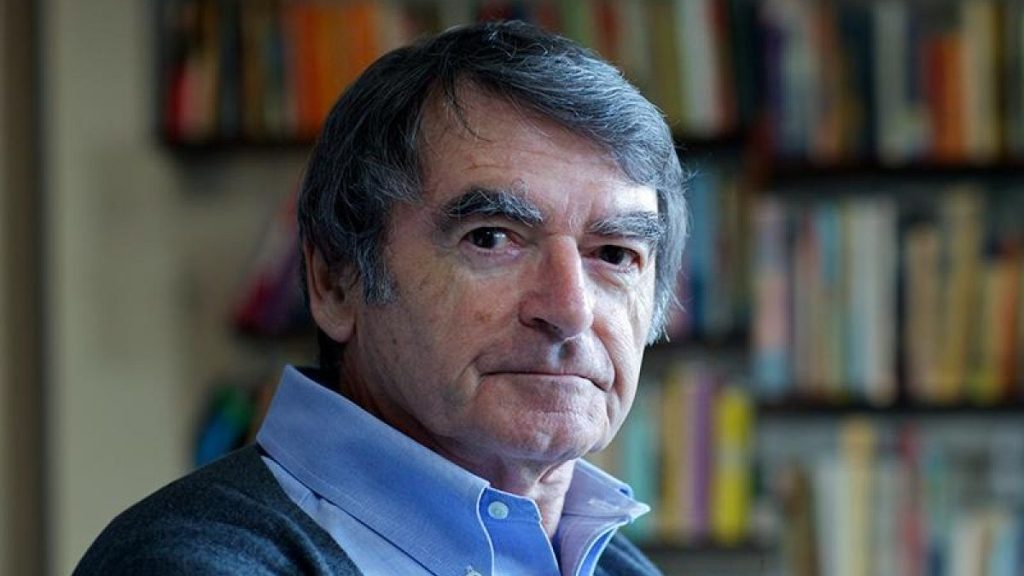David Lodge, a prominent figure in British literature, passed away on New Year’s Day 2024 at the age of 89. His prolific career spanned decades, encompassing novels, criticism, plays, biographies, memoirs, and television scripts. He is perhaps best remembered for his witty and insightful campus novels, particularly the “Campus Trilogy,” which began with “Changing Places” in 1975 and continued with the Booker Prize-nominated “Small World” (1984) and “Nice Work” (1988). These novels, set in the fictional Rummidge University, satirized the academic world with a blend of humor and keen observation, earning Lodge both critical acclaim and popular readership. The trilogy’s successful adaptation for television in the 1980s further cemented its place in British popular culture.
Beyond the Campus Trilogy, Lodge’s literary contributions were diverse and substantial. His other notable works include “The British Museum is Falling Down,” “Therapy,” “Deaf Sentence,” and “A Man of Parts,” each showcasing his versatility and fascination with the power of language. He delved into various themes, exploring the complexities of human relationships, the challenges of aging, and the search for meaning in a rapidly changing world. His writing was characterized by its wit, intelligence, and accessibility, making him a beloved author for both academics and the wider reading public. Lodge’s critical works also demonstrated his deep understanding of literature and its role in society, further solidifying his influence on the literary landscape.
Lodge’s career was intertwined with academia. He served as a professor of English at the University of Birmingham from 1960 to 1987, balancing his teaching responsibilities with his writing pursuits. This dual role undoubtedly enriched his perspective and informed his fiction, allowing him to capture the nuances of academic life with remarkable accuracy and humor. After retiring from academia, he devoted himself fully to writing, continuing to produce a steady stream of works that resonated with readers and critics alike.
The impact of Lodge’s work extended beyond the literary sphere. He received numerous accolades, including two Booker Prize nominations, a testament to his literary skill and enduring appeal. In 1998, he was appointed Commander of the Order of the British Empire for his services to literature, a recognition of his significant contribution to British cultural life. His writing touched countless lives, offering both entertainment and insightful commentary on the human condition.
Lodge’s family remembers him not only as a celebrated author but also as a loving and engaging father. They recall lively dinner table conversations filled with intellectual discussions and his ever-present readiness to consult reference books to settle any factual disputes. This intellectual curiosity and dedication to accuracy permeated his writing, contributing to its depth and credibility. He fostered a stimulating environment that encouraged learning and critical thinking, leaving a lasting impact on his children.
The literary world mourns the loss of David Lodge. His publisher, Liz Foley, praised his immense contribution to literary culture, both through his insightful criticism and his masterful novels, many of which are already considered classics. Beyond his literary achievements, she remembers him as a kind, modest, and humorous individual, qualities that endeared him to those who had the pleasure of knowing him. His passing marks the end of an era in British literature, but his legacy will undoubtedly continue to inspire and entertain readers for generations to come. He leaves behind a rich body of work that reflects his intelligence, wit, and profound understanding of the human experience. His wife, Mary, preceded him in death in January 2022. He is survived by his three children, Stephen, Christopher, and Julia.














